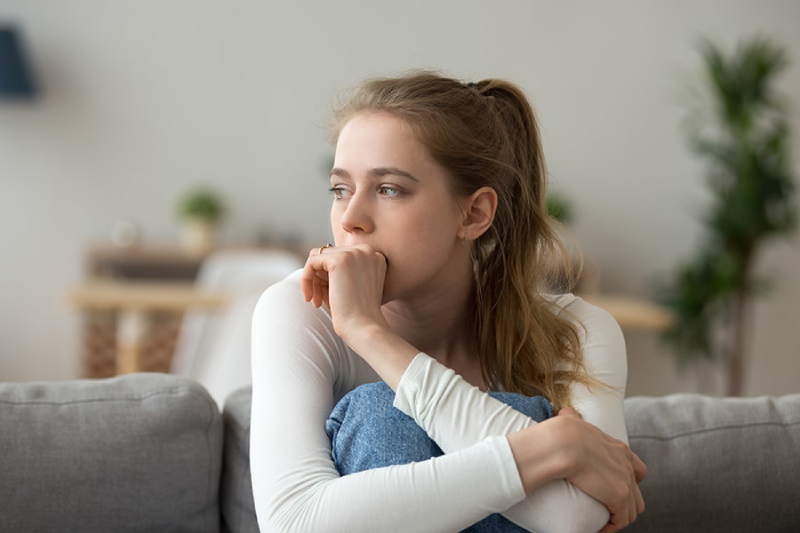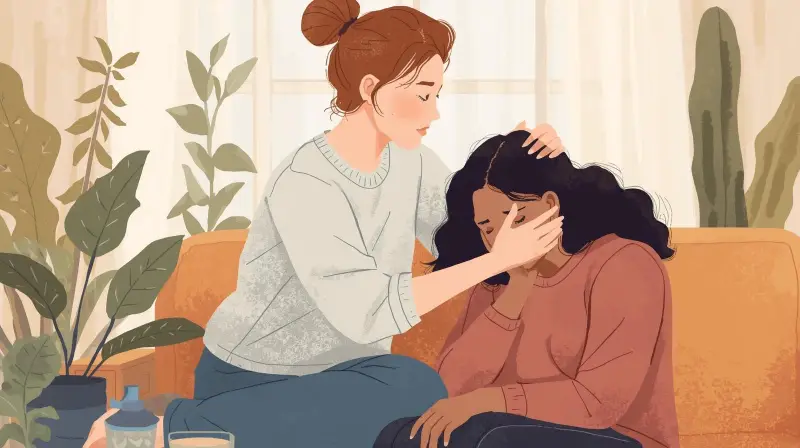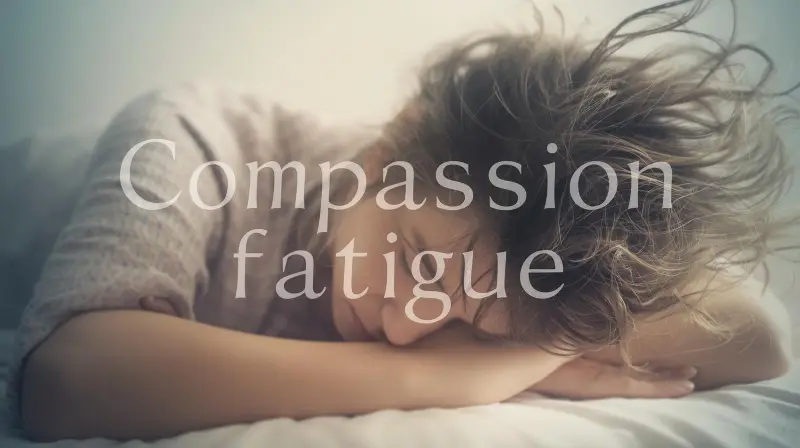Fear, nervousness, and worry are common for any person. These are emotional responses of our body when it must face situations that are either highly important or include a threat—to life or otherwise. These emotional responses turn into a full-fledged anxiety disorder when they run on overdrive, even in mild or everyday situations.
The thing with anxiety is that it manifests during situations that we subjectively consider of great significance or those that pose a threat. This threat need not be of a life and death nature; it can be a threat to reputation, a threat to career, etc. In certain people, a threat to normal routine, or a threat to one’s comfort zone also comes under this.
What causes Anxiety?
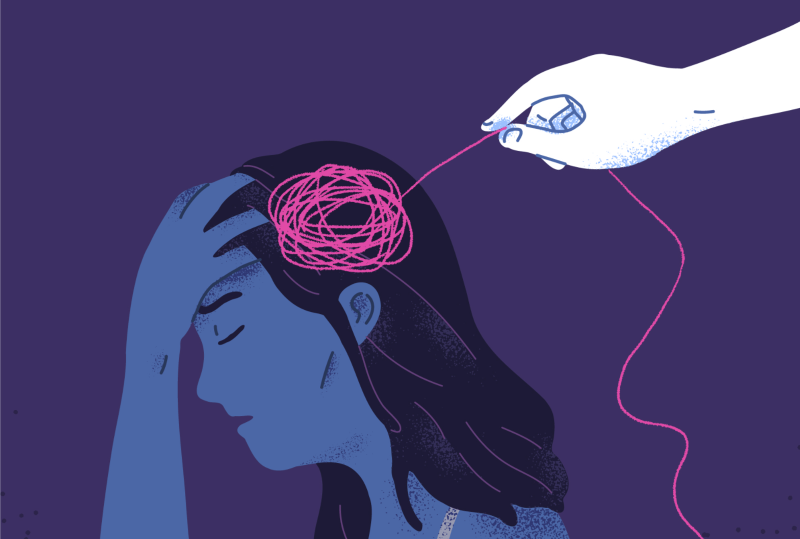
Anything we perceive as a threat instigates our limbic system, which then releases hormones necessary to prepare the body and the mind for a fight-or-flight reaction. And of course, when there is no literal fight to be had and neither can you run away, all you are left with is an immense amount of adrenaline and nothing to do with it. This, essentially, is what we call anxiety.
For those who suffer from anxiety attacks, it becomes hard to even function properly at the time of the attack. There are various coping mechanisms and tricks you can use to help calm yourself down. They are of various types. Some methods help instantly and hence are beneficial at the time of the attack but are short-term effective, while some take longer but are more long-term effective; these can be incorporated into everyday routine to help cope with anxiety in a more complete manner.
5 Best Ways to Deal with Anxiety Attacks

No individual faces anxiety in the same way as the other. Anxiety can manifest in unique and diverse ways, and hence methods of coping are also bound to be different. Try out various methods, and soon, you’ll catch on to which ones work for you and which don’t.
All these aim at diverting your attention and letting your body know that there is no imminent threat, so feel free to come up with your own.
Bodily Movement
As explained, anxiety is basically the body readying to fight—or to run away. It wants activity—give it that. There is a feeling of restlessness that persists during anxiety attacks, which seems to just not go away.
Give your body something to do. Depending on where you are and how much you can do, here are a few suggestions that will work quite well—
- Taking a walk
- Repeatedly fisting and opening hands
- Shaking a leg (literally)
- Tightly holding someone’s hand
These and many more physical movements give the body something to do, so part of its attention is diverted. Repeating them forms a sort of cyclical habit that soothes the brain and hence induces a calming effect. It also helps in using up the overdose of adrenaline that rushes through your body.
Breathing Exercises
Most of time, anxiety causes a spike in heart rate and breathing. To calm down, try to regulate your breathing. There are various breathing techniques which have proven to be beneficial for many. You can either go by those or formulate one on your own.
The basic features of any breathing exercise include being conscious of each breath and controlling the time span of inhaling and exhaling, such as inhaling for 4 seconds, holding for 7, and then exhaling for 8 seconds. This technique is called the 4-7-8 technique.
There are two main aims of these exercises: to calm your body down by breathing in long inhalations and exhalations, letting it know that there is no reason to freak out. The second is to divert your attention and focus away from the perceived threat.
Self-Talk
You know, somewhere, that the situation need not garner such a reaction from you, and it makes no sense to freak out so much. All you need to do is convince yourself of this.
Giving a pep talk to yourself can be a very effective way as others may not know what the right thing to say is, but you do. Console yourself, tell your heart that it need not beat so fast, etc. A humorous and interactive back and forth with yourself might sound like something a crazy person would do, but it will ensure that your mind is too busy talking to itself to make time for worrying so much.
As the iconic Bollywood dialogue goes, console your heart by letting it know that All is well.
Reporting
This means reporting all that is happening to you, in the moment, to someone. You could report it to yourself, making it another version of self-talk, note it down in a diary/notes app or detail it to a friend.
Whichever way you decide to go and whichever one is most possible at the time, doing this provides you a different perspective. Once you give an account of something and put it out there, it tends to become easier to understand and see that the situation is under control and can be handled.
Mindfulness
Mindfulness is all about slowly acquainting ourselves with our surroundings in a ground-level way, like focusing on the sounds you hear, the movements around you, your heart rate, your breathing, etc. This Buddhist practice will be beneficial on both a long-term and immediate basis.
You can also make use of grounding techniques like the 333 rule, which entails listing 3 things you smell, hear, see, etc. You could either just make note of them in your mind or carry out this technique with a friend or colleague.
5 Practices to Swear by for Long-Term Anxiety Coping
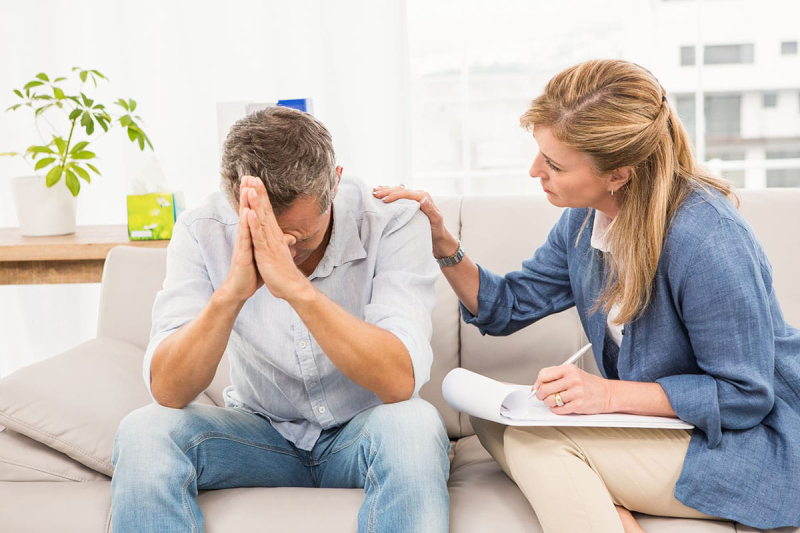
As helpful as the short-term techniques may be, our aim is to reduce anxiety as much as we can so that there arises no need for short-term mechanisms at all. Swear to live by at least a few of these practices, and you’ll find yourself less susceptible to anxiety.
Make the Uncomfortable Comfortable
If you’ve analyzed your anxiety, you’d know that there are certain triggers, certain things that instigate your anxiety. These can be a few or many, but there will be a consistency as to the type of the situation. It may be that crowds freak you out, or maybe it is specifically an audience that causes your anxiety. Maybe it is a specific task or place that instigates it, or maybe it is a person. Find out the primary trigger of your anxiety, and then make yourself acquainted with it.
Having an anxiety attack is not a pleasant condition, but it is better to face and overcome than to avoid—at least in cases where you cannot avoid your trigger or when the trigger is not caused by trauma.
It might seem like an impossible task, but familiarizing yourself with something makes it less scary. If your anxiety is most prominent while having a conversation with strangers, actively go out and speak to strangers. Take part in activities where you will have to converse with new people. You can make it easier for you by taking along a friend. Slowly and gradually—and after many anxious encounters—you’ll find your footing. And then you won’t need someone beside you to be able to have a conversation—or if not completely eradicated, the anxiety will at least be more familiar, and you’ll have found coping mechanisms along the way.
Exercise
More and more people face anxiety nowadays, and in part, the reason can be an overall fall in activity and health. Even as more people are becoming conscious of their health, inactivity is still a big concern.
Exercise releases what they call ‘happy hormones.’ It makes you feel fulfilled and keeps both your mind and body fit. Once the mind is fit, it will be more equipped to deal with stressful situations.
A lot of the tension and stiffness accumulating in our minds and bodies also relax and release through physical activity.
Meditate
Make it a morning routine to take some time off your device and the hectic routine. Sit down in a peaceful spot—in your house or outdoors—and just meditate.
There are various types of meditation. Some include breathing activities, like pranayama, while others simply require focus, like mindfulness.
Doing this daily as a habit will keep you grounded, your mind will be calmer in stressful situations, and you will be more comfortable in your own skin.
Therapy
Behavioral therapy will help you deal with your inhibitions at the grassroots level and weed them out. You will be able to understand the emotional and mental causes for your anxiety and ways to undo them.
To deal with your anxiety in the most thorough manner, therapy is the best choice. You can also try sound and aroma therapy if sounds or smells create a substantial change in you.
Medication
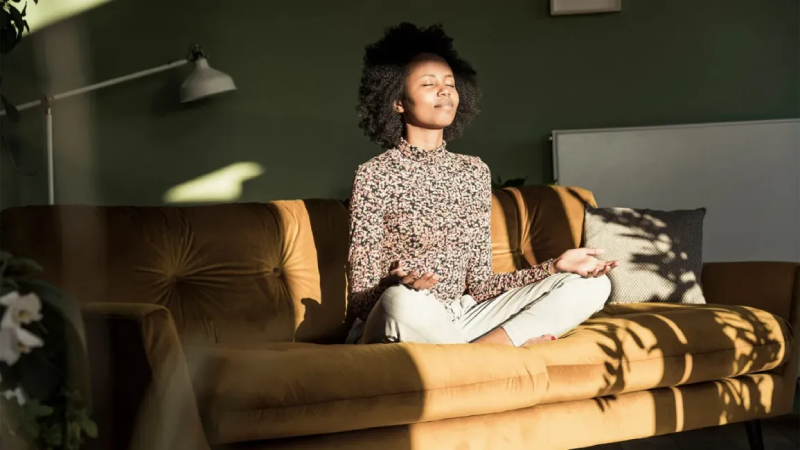
If you find that none of the techniques work for you and your symptoms are far heavier, consult a psychiatrist and get medication. However, medication isn’t the most ideal choice as it deals with the problem by dulling the nerves responsible for your heightened sensations and might have side-effects.
Conclusion
Anxiety does not mean that you cannot live your life fully. As much as fear and nervousness are a part and parcel of life, anxiety is not.
To be able to be yourself fully, you need to overcome all that hinders your progress. There are multiple techniques and practices that you can employ to calm yourself in anxious situations and during anxiety attacks. And if none of them work, do not hesitate to go for therapy. We all need help once in a while.
